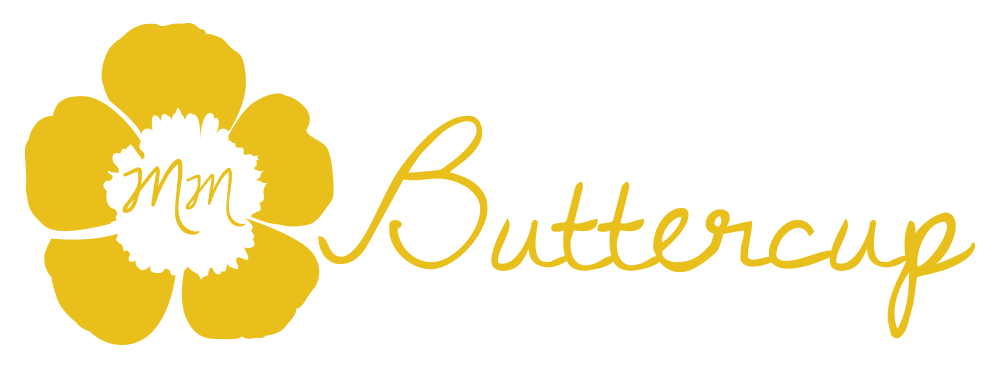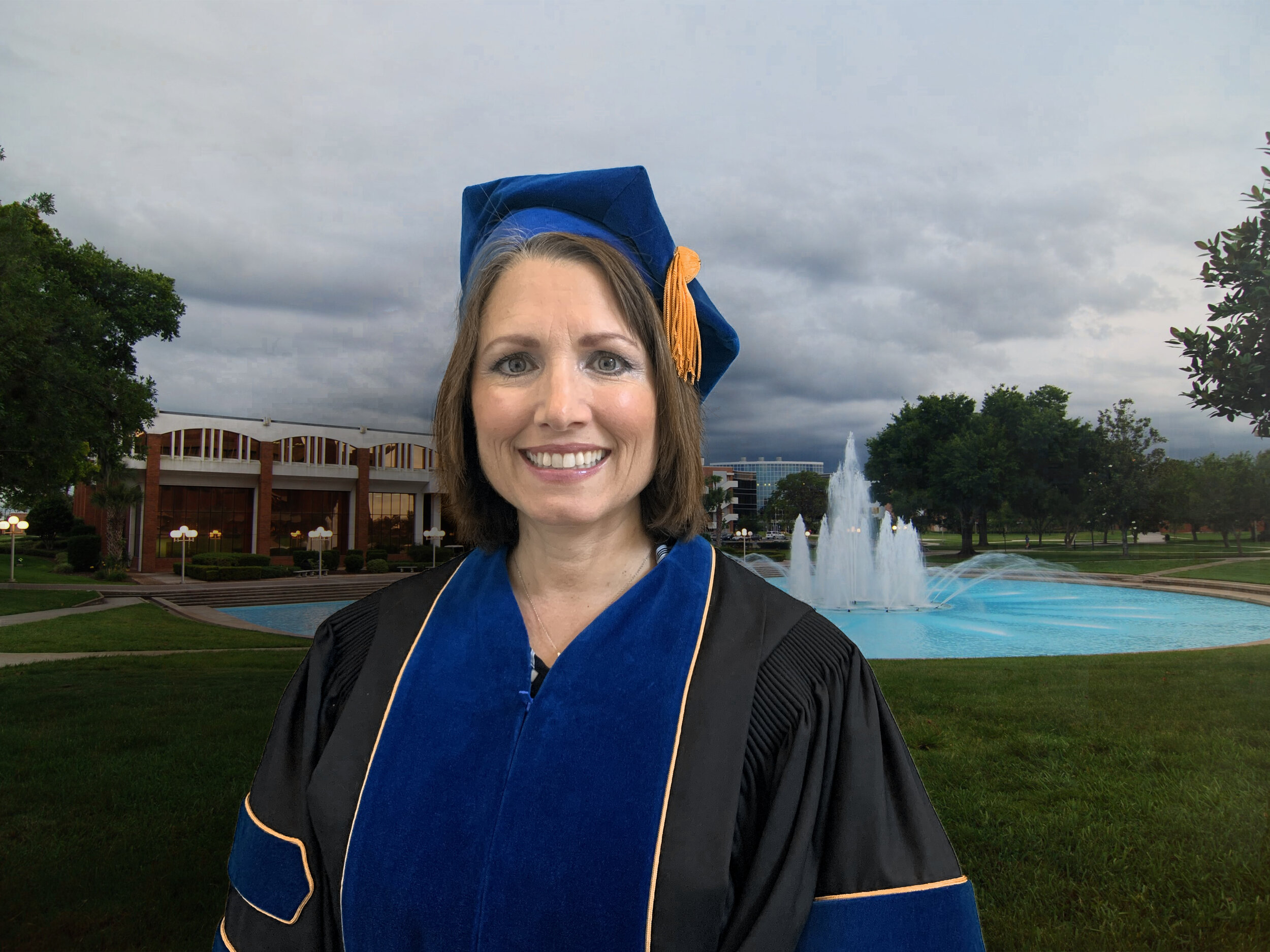As I sit here at my laptop to write this, I am filled with so much hope for the future. You see last night we had our university graduation for summer 2020 graduates. It was virtual. It was a pandemic-style graduation. Of course (I hate you, COVID-19). Students did not gather in a big facility with their friends and families to celebrate their big accomplishments. Nope. They did not get to walk across the stage, shake our Dean’s hand, and hear many people wish them “Congratulations.” Nope. In this age of the Coronavirus, a graduate is more likely to see their name scroll across a screen as they squint to see acknowledgment of their achievement on an electronic device. It saddens my heart. But still I’m hopeful for the future.
“Oh the places you will go.” (with photoshop)
Picture it (yes I’m channeling Sofia from Golden Girls) late spring 2020 and you have one more semester left before you can graduate with your degree. As of spring break your university has moved fully online and virtual. You had plans to do your summer Practicum and graduate in August 2020. Your professor calls you on the phone (how 1998 of her). She says she has good news and bad news. Good news first: “we are approved to do summer Practicum.” Yay! You can still graduate in August you might be thinking. But WAIT. Bad news is, “Practicum is fully online and virtual.” Huh? That doesn’t fit with what I’ve been planning or envisioning for my final field experience. What about the children? What about families? What about learning from my on-site supervisor and other professionals? What about all the things I was hoping to do?
So many disappointments. I hate you, COVID-19!
Okay, the show must go on. Practicum is different from what was planned, but look at the new things that I got to do as a result of this unexpected turn of events. I’m learning about children’s needs during a global pandemic. I’m learning how to connect with parents and other professionals in new ways. I’m learning that I am a strong and resilient person who is capable of taking what life throws at me and not only survive but THRIVE!
As I take a sip of cold tea and look down at my dry chapped hands (20 seconds people!), I realize how happy I am thinking about this summer semester with my students. I sit here inspired by ALL of their accomplishments. Each student overcame a lot to be waking up on this cloudy and windy Florida Sunday morning after their pandemic-style graduation waiting for what might be a visit from hurricane Isaias (okay, COVID-19 has nothing to do with Isaias but I still hate you anyway COVID-19). They have earned a college degree! They did it! Wow! Inspirational. Yesterday, 16 of my undergraduate students earned a Bachelor of Science degree in Early Childhood Development & Education (ECDE), and 4 graduate students earned a Master’s of Science degree in ECDE. Many of these amazing college students even graduated with honors (minus the cords and other recognition - I hate you, COVID-19!). One of my students said, “A global pandemic could NOT stop my education.” Take that, COVID-19! Charge on!
“Oh the places you will go.” (with photoshop)
“Oh the places you will go.” (with photoshop)









